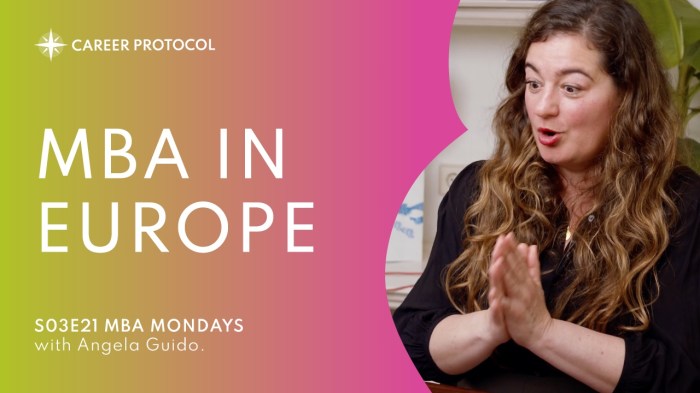University of Oxford, Saïd Business School
- FT Ranking: 1
- QS Ranking: 3
- Strengths: Strategy, Entrepreneurship, Corporate Finance
- Specializations: MBA, Executive MBA, MBA in Sustainable Business
- Unique Offerings: Oxford Entrepreneurship Centre, Skoll Centre for Social Entrepreneurship
HEC Paris
- FT Ranking: 2
- QS Ranking: 4
- Strengths: Finance, Marketing, Strategy
- Specializations: MBA, Executive MBA, Specialized Master’s
- Unique Offerings: HEC Executive Education, Incubator and Accelerator Programs
London Business School
- FT Ranking: 3
- QS Ranking: 2
- Strengths: Finance, Management, Entrepreneurship
- Specializations: MBA, Executive MBA, Master’s in Management
- Unique Offerings: The LBS Sloan Fellowship, The Leadership Institute
IESE Business School
- FT Ranking: 4
- QS Ranking: 5
- Strengths: Finance, Marketing, Entrepreneurship
- Specializations: MBA, Executive MBA, Global MBA
- Unique Offerings: IESE Business School Global Executive MBA, IESE Start-up Hub
IMD Business School
- FT Ranking: 5
- QS Ranking: 6
- Strengths: Strategy, Leadership, Digital Transformation
- Specializations: MBA, Executive MBA, Master’s in Business Analytics
- Unique Offerings: IMD Global Leadership Excellence Center, IMD Orchestrating Winning Performance Program
Career Outcomes and Alumni Networks
Graduates of European MBA programs are highly sought after by employers worldwide. They possess a combination of business knowledge, leadership skills, and international experience that makes them valuable assets to any organization.
Industry representation for European MBA graduates is diverse, with strong representation in sectors such as consulting, finance, technology, and healthcare. Job placement rates are consistently high, with over 90% of graduates securing employment within three months of graduation. Average salaries for European MBA graduates are also competitive, often exceeding €100,000 per year.
Alumni networks play a crucial role in the career advancement of European MBA graduates. These networks provide opportunities for networking, mentorship, and job placement assistance. Many alumni hold senior positions in leading companies, and they are often willing to share their knowledge and expertise with fellow alumni.
Admission Requirements and Application Process

Embarking on a European MBA journey requires fulfilling specific admission criteria. These programs seek individuals with academic excellence, professional experience, and language proficiency. Let’s delve into the details and guide you through the application process.
Academic Qualifications
- Bachelor’s Degree: A bachelor’s degree from an accredited institution is mandatory. Most programs prefer degrees in business, economics, or related fields.
- Minimum GPA: Generally, a minimum GPA of 3.0 (or equivalent) is required. Some top-ranked programs may have higher expectations.
Work Experience
- Minimum Years: Most programs require at least 2-3 years of full-time work experience. This experience should demonstrate leadership, analytical skills, and business acumen.
- Relevant Industry: Work experience in industries related to the program’s specialization (e.g., finance, consulting, technology) is highly valued.
Language Proficiency
- English Proficiency: As most European MBA programs are taught in English, non-native speakers must demonstrate proficiency through standardized tests like IELTS or TOEFL.
- Additional Languages: Some programs may require proficiency in a second European language, such as French, German, or Spanish.
Application Process, European mba programs
Applying to European MBA programs involves several key steps:
- Deadlines: Adhere to application deadlines, which typically fall between October and January.
- Essays: Craft compelling essays that highlight your motivation, career goals, and fit with the program.
- Letters of Recommendation: Secure strong letters of recommendation from supervisors or colleagues who can attest to your skills and potential.
- Interviews: Shortlisted candidates may be invited for interviews, which can be conducted in person, virtually, or a combination of both.
Tips for Success
- Research Programs: Thoroughly research different programs to identify those that align with your career aspirations.
- Build a Strong Profile: Develop a well-rounded profile through academic achievements, work experience, and extracurricular activities.
- Prepare for Interviews: Practice answering common interview questions and demonstrate your knowledge of the program and industry.
By understanding the admission requirements and following these application tips, you can increase your chances of securing a place in a prestigious European MBA program and embarking on a transformative educational journey.





